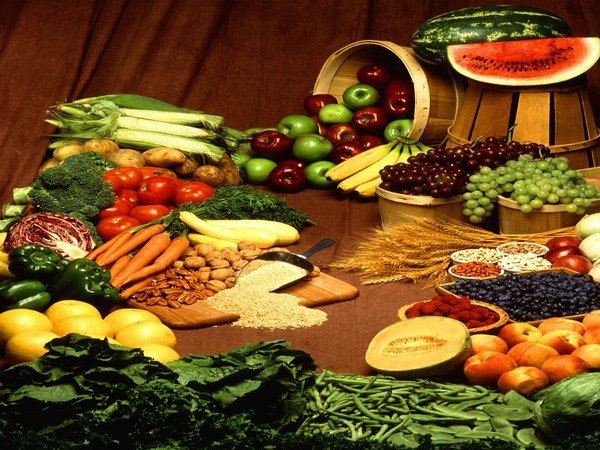Plant based-diets might be lacking an important brain health nutrient: Study
While there has been a lot of hullabaloo around adapting to a plant-based diet for the good of the planet, a new study argues if it might actually be that great.

- Country:
- United States
While there has been a lot of hullabaloo around adapting to a plant-based diet for the good of the planet, a new study argues if it might actually be that great. Consuming a plant-rich diet is associated with the risk of worsening an already low intake of an essential nutrient involved in brain health.
The findings of the study were published in the journal -- BMJ Nutrition, Prevention & Health. Choline is an essential dietary nutrient, but the amount produced by the liver is not enough to meet the requirements of the human body.
The nutrient is found to be essential for brain health, particularly during fetal development. It also influences liver function, with shortfalls linked to irregularities in blood fat metabolism as well as excess free radical cellular damage. Primary sources of dietary choline are found in beef, eggs, dairy products, fish, and chicken, with much lower levels found in nuts, beans, and cruciferous vegetables such as broccoli.
In 1998, recognising the importance of choline, the US Institute of Medicine recommended minimum daily intakes. These range from 425 mg/day for women to 550 mg/day for men, and 450 mg/day and 550 mg/day for pregnant and breastfeeding women, respectively. In 2016, the European Food Safety Authority published similar daily requirements. Yet national dietary surveys in North America, Australia, and Europe show that habitual choline intake, on average, falls short of these recommendations.
"This is....concerning given that current trends appear to be towards meat reduction and plant-based diets," said Dr Emma Derbyshire of Nutritional Insight, a consultancy specialising in nutrition and biomedical science. She suggested that the restricted intakes of whole milk, eggs, and animal protein could affect choline intake.
"More needs to be done to educate healthcare professionals and consumers about the importance of a choline-rich diet, and how to achieve this," she said. "If choline is not obtained in the levels needed from dietary sources per se then supplementation strategies will be required, especially in relation to key stages of the life cycle such as pregnancy, when choline intakes are critical to infant development," she advised. (ANI)
Also Read: Space telescope offers rare glimpse of Earth-sized rocky exoplanet
(This story has not been edited by Devdiscourse staff and is auto-generated from a syndicated feed.)
ALSO READ
Biden considering Australia request to drop Julian Assange prosecution
Australian Rules-Player banned for three matches for homophobic slur
Australia joins global subsidy race with 'Future Made in Australia' plan
Australia's Santos re-elects Keith Spence as chair, AGM results show
UPDATE 1-Australia's Santos shareholders re-elect Keith Spence as chair










